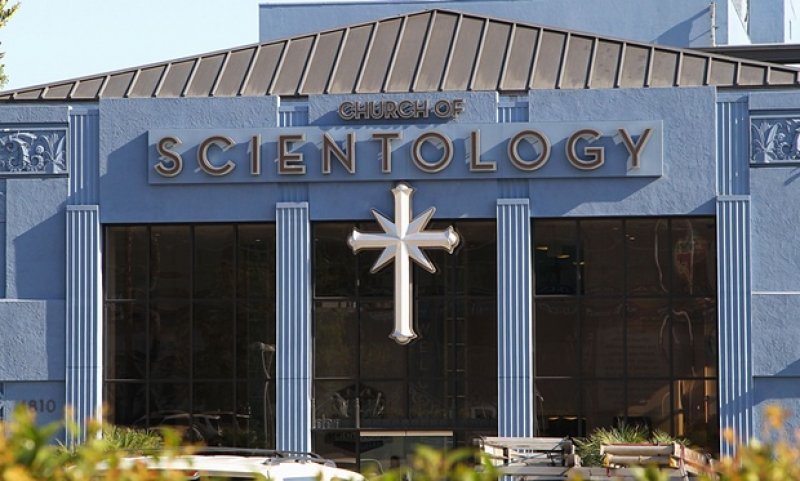Church of Scientology Moscow and others v. Russia, Nos., 37508/12, 61695/13, 16761/14, ECtHR (Third Section), 14 December 2021

The European Court of Human Rights recently dealt with the level of protection of the right to religious freedom within the Russian Federation, in particular in its associated dimension. The dispute falls under the well-known group of so-called “registration cases” (among which, within the Russian context, Moscow Branch of The Salvation Army v. Russia and Jehovah's Witnesses in Moscow and others v. Russia) and presents profiles of interest.
With three separate then joined applications, the Strasbourg Judge assessed the compatibility with the ECHR of a number of restrictive measures applied to the members of the Church of Scientology. The applicants alleged that the seizure and prohibition of dissemination of some publications constituted a breach of their rights to freedom of expression (Article 10) and the right to freedom of assembly and association (Article 11). One of the applicants, the Church of Scientology Moscow, also complained that it had repeatedly been denied registration as a religious organization. The association was also subject to the order of dissolution.
As to the issue of the banned publications, which the respondent State argued were of an “extremist” nature, the Court considers that the measure was not necessary for a democratic society. Indeed, the elements that emerged in the domestic procedure do not substantiate the claim of the purported dangerousness and offensiveness of the publications at stake. The reason for the prohibition – the Court continues – is based on a mere recognition of the applicable legislation and on the conclusions by a commission of experts, which the applicants had not been given the opportunity to challenge. It follows that there has been a violation of Article 10, read in the light of Article 9.
Secondly, the question that involved the Church of Scientology Moscow is of particular importance. Formally registered in 1994, the association was forced to make some organizational changes in 1997, intended to allow it to access a new registration in order to comply with subsequent legal requirements. Faced with the repeated denials by the Russian authorities, the organization had already applied to the European Court of Human Rights (Church of Scientology Moscow and Others v. Russia), which, expressing itself in 2007, had found a violation of the relevant conventional provisions. As in its precedent, the Court observes that the reiterated denial of registration is based mainly on formalistic arguments, devoid of substantial consistency. Furthermore, the Court considers the arguments underlying the competent authorities’ denial of the organization’s religious nature. The Court notes that, for instance, these authorities had never contested this attribute since its original registration. Lastly, the Court finds that the dissolution order of the association, regardless of the legitimate aim inferred, fails the proportionality test. The Court concludes that there is even a violation of Article 11, read in the light of Article 9.
(Comment by Andrea Cesarini)

